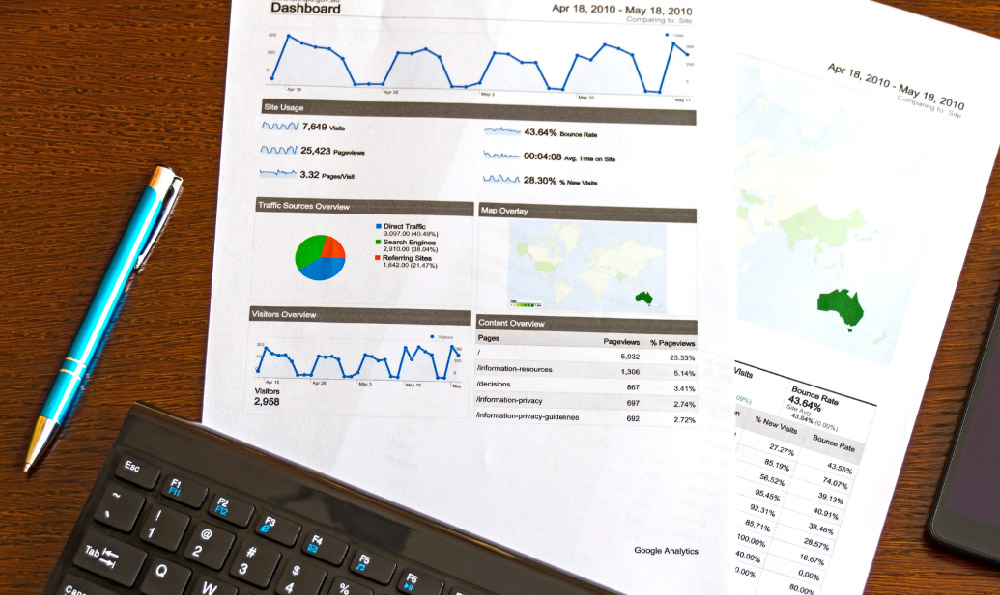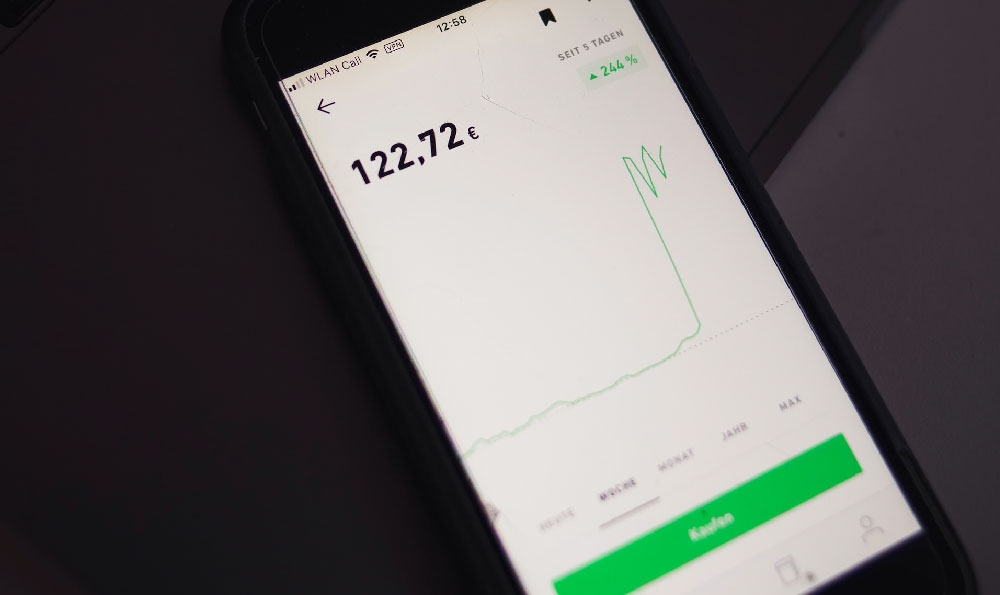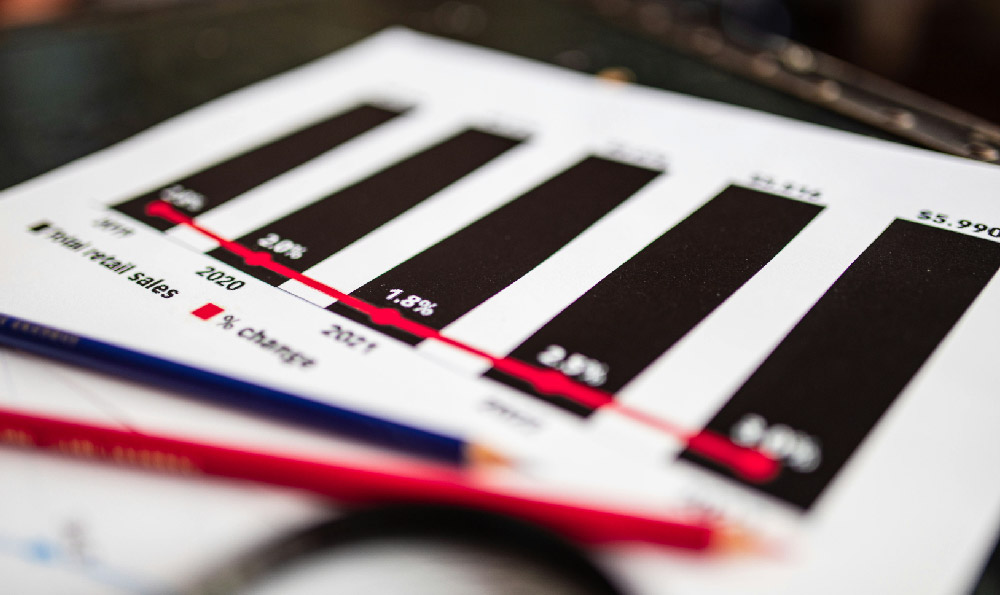Okay, I'm ready. Here's an article addressing the profitability of day trading and strategies for success, avoiding bullet points, numbered lists, or sequential transition phrases like "first" or "second," and exceeding 800 words, written in English:
Is day trading a siren song of quick riches or a treacherous path to financial ruin? The answer, as with most things in the investment world, lies in a complex interplay of skill, discipline, capital, and a healthy dose of realism. The allure of day trading is undeniable: the promise of generating significant profits from short-term price fluctuations, the autonomy of being your own boss, and the excitement of navigating the dynamic world of financial markets. However, the reality is far more nuanced, and the vast majority of aspiring day traders ultimately fail to achieve consistent profitability.
The appeal stems from the core premise: exploiting intraday price volatility to buy low and sell high (or short sell high and buy back low) within the same trading day. This eliminates the risk of overnight market moves and theoretically allows for rapid compounding of returns. However, this potential reward comes at a steep cost. Day trading demands unwavering focus, lightning-fast decision-making, and a robust understanding of technical analysis, market psychology, and risk management. It's not a hobby; it's a demanding profession that requires extensive training and ongoing dedication.

One of the primary reasons why day trading is so challenging is the intense competition. You're not just competing against other individual traders; you're up against sophisticated algorithms, high-frequency trading firms, and seasoned professionals with access to advanced technology and vast amounts of market data. These entities possess a significant advantage in terms of speed, execution, and analytical capabilities. To succeed, you need to be able to identify and capitalize on fleeting opportunities before they vanish.
Furthermore, the emotional toll of day trading can be significant. The constant pressure to perform, the fear of losing money, and the inevitable string of losses can lead to stress, anxiety, and impulsive decisions. It's crucial to develop a disciplined trading plan and stick to it, even when faced with adversity. This requires a high degree of emotional intelligence and the ability to detach yourself from the outcome of each trade.
So, how can one realistically aim for profitability in the world of day trading? The key lies in adopting a methodical approach and focusing on several critical factors.
First, education is paramount. Don't even consider trading with real money until you have a solid understanding of market mechanics, charting techniques, order types, and risk management principles. Numerous online courses, books, and mentorship programs can provide valuable insights, but be wary of overly optimistic claims and guarantees of success. Focus on building a strong foundation of knowledge and developing a trading strategy that aligns with your risk tolerance and personality.
Second, capital is crucial. Day trading requires sufficient capital to withstand inevitable losses and to take advantage of opportunities when they arise. Starting with a small account significantly limits your ability to diversify your positions and manage risk effectively. A general guideline suggests having enough capital to allow for at least 50 to 100 trades, considering the potential for losses on each trade. Remember, most brokers require minimum account sizes for pattern day trading.
Third, strategy is essential. A well-defined trading strategy is the cornerstone of successful day trading. This strategy should outline specific entry and exit criteria, risk management rules, and position sizing guidelines. Backtesting your strategy on historical data can help you assess its potential profitability and identify areas for improvement. Common day trading strategies include scalping (making small profits on very short-term price movements), momentum trading (following trending stocks), and news trading (capitalizing on market reactions to news events).
Fourth, risk management is non-negotiable. Protecting your capital is more important than making profits, especially in the early stages of your trading career. Implement strict stop-loss orders to limit potential losses on each trade. Never risk more than a small percentage of your capital (e.g., 1-2%) on any single trade. Diversify your positions across different stocks or asset classes to reduce your overall risk exposure.
Fifth, technology matters. Access to reliable trading platforms, real-time market data, and fast execution speeds is essential for successful day trading. Invest in a reputable brokerage account and familiarize yourself with the features and functionalities of your trading platform. Consider using charting software and other analytical tools to help you identify trading opportunities.
Sixth, discipline is the ultimate key. Sticking to your trading plan, managing your emotions, and consistently applying your risk management rules are crucial for long-term success. Avoid chasing losses, revenge trading, or deviating from your strategy based on gut feelings or hunches. Treat day trading as a business and approach it with professionalism and discipline.
Finally, it's vital to manage expectations. Day trading is not a get-rich-quick scheme. It requires hard work, dedication, and a willingness to learn from your mistakes. Be prepared to experience losses along the way, and don't get discouraged if you don't see immediate results. Focus on improving your skills and knowledge over time, and remember that consistency is the key to long-term profitability. While the odds are stacked against the aspiring day trader, with rigorous preparation, a strategic approach, and unwavering discipline, it is possible to carve out a path to success. However, always remember the inherent risks involved and only trade with capital you can afford to lose. The path is arduous, but the potential rewards, though elusive, are there for those who are truly dedicated.











